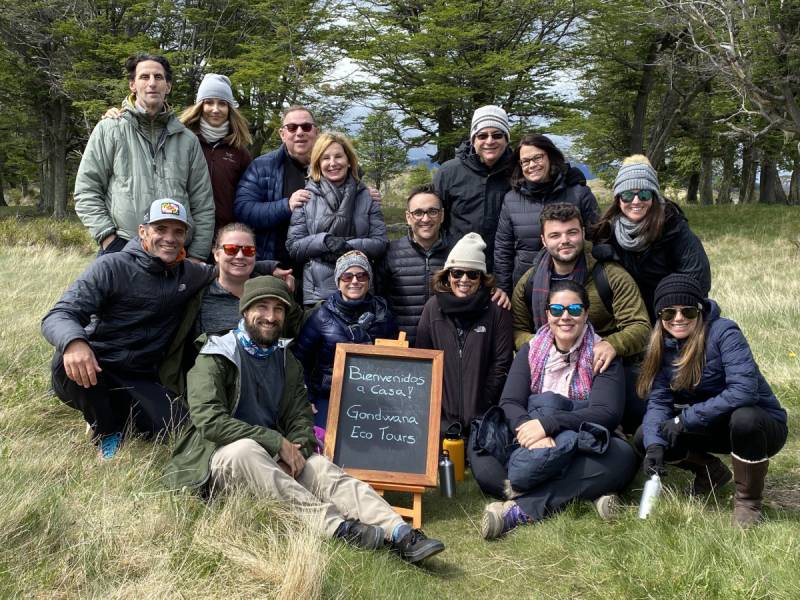Coral reefs are unique and colorful ecosystems that give life to countless sea creatures and provide wonderful opportunities for snorkeling, scuba diving and underwater photography. With this article we hope to help raise awareness of current threats to these incredible reef systems and recommend products that are non-harmful alternatives to what is on the mainstream market.
Why Are Reefs Important?
So we know about the beauty of these reefs, but why else are they important? These incredible ecosystems support more species per unit area than any other marine environment, including more than 4,000 species of fish and more than 800 types of hard corals. Scientists estimate that there are still millions of undiscovered organisms living in and around reefs. Reefs are also being used to develop new medicines and cures for diseases like cancer, bacterial infections and arthritis. Reefs bring billions of dollars to surrounding areas through tourism and are crucial to the health of the world’s fisheries, bringing in hundreds of millions of dollars a year in seafood sales. Coral reefs are also highly important for protecting valuable wetlands and communities along coastlines. They provide buffer protection from storms and waves, and help prevent erosion and property damage.
The structures in coral reefs are actually composed of thousands of individual coral polyps – the tiny creatures are related to sea anemones and jellyfish and are each encased in a protective limestone skeleton. These polyps open and close simultaneously during the day for crucial activities like feeding and reproduction (check out this close up video of coral polyps feeding!) . When one of these creatures attaches itself to a rock on the seafloor and begins dividing itself into thousands of clones, that is how a reef begins forming.
How Are Our Reefs in Trouble?
Coral bleaching is an issue that has been plaguing the world’s reefs. It is caused by rising water temperatures, but can also be due to other weather and human related factors. The coral organism will expel the algae that lives in it’s tissues, and causes the whole structure to turn white. The coral doesn’t die but it is subject to more stress and higher mortality rates. It is a crisis that is noticeable when snorkeling or diving in most of the world’s reefs. They do not look like they did twenty or thirty years ago. The US actually lost half of its coral reefs in the Caribbean in 2005 in one massive bleaching event caused by expanding warm waters near the Virgin Islands and Puerto Rico. This one year of thermal stress caused more damage than the previous 20 years combined. At this point we have lost over 80% of the coral in the Caribbean, and famous reefs around the world are in danger.
Sunscreen is Hurting Our Reefs?
Oxybenzone, also known as BP3, is a chemical that is found in thousands of skincare products worldwide. It has been found to be highly toxic to young coral and other sea life. In studies conducted in Hawaii, Israel and the US Virgin Islands, this chemical was proven to cause increased susceptibility to coral bleaching, as well as DNA damage and abnormal growth. This chemical not only enters the water from swimmers, but also in wastewater that comes from showers. Scientists highly encourage swimmers to find reef safe alternatives for sunscreen, and to use those in combination with hats, shade and other forms of sun protection.
How Your Can Help:
We recently found an eco-friendly and oxybenzone free sunscreen brand called ReefSafe by Tropical Seas , and we used it on our trip to Cuba. Here are our 3 favorite things about it:

1) It’s guilt free and 100% environmentally safe for use in any oceans, rivers or lakes. It contains no oxybenzone, the ingredients have been proven to completely biodegrade in less than 90 days and are non-toxic to sea life. The product has been declared “Coral Safe” by Mote Marine Laboratories and has undergone extensive testing. Help protect the reefs while you are out there appreciating them!
2) The product just works better than your average sunscreen. It’s fragrance free formula provides broad spectrum UVA and UVB protection, and goes on without feeling greasy. It is highly waterproof and stays on for up to 80 minutes. Independent studies found that less than 3% of the sunscreen came off swimmers in water, compared to the estimated 25% in mainstream brands. This provides more protection for both you and the environment.
3) Tropical Seas uses packaging that is made from 100% bio-resin. This renewable alternative to normal High Density PolyEthylene is made from plant based feedstock, uses 90% less energy and releases 75% less greenhouse gases during processing. This gives the packaging and processing at the company an overall negative carbon footprint, setting them apart from other skincare brands in terms of environmental ethics.
Check out Reef Safe’s products and stock up for your next trip like we did. That way you can appreciate these amazing wonders of nature while helping to keep them healthy. Share your knowledge with other nature enthusiasts so that generations after us can have access to healthy coral reefs. They are so important for the health of our world and our oceans, and they need our help!

Use the Code Gondwana15!
We were very excited when Reef Safe by Tropical Seas announced their plans to partner with us on our water bore project in Tanzania! Since we began, we have been donating money from each Tanzania booking to the project, and now with Reef Safe on board we have four (Lems, Solo Eyewear, Toad & Co & Reef Safe) corporate partners who donate a portion of sales to this important effort
The Maasai are cattle herders and an iconic presence in East Africa. They are known for their colorful robes, beautiful jewelry, and their joyous song and dance traditions. Desertification, the process where land becomes desert due to drought and/or deforestation, has turned what were once livable areas into dry and barren wastelands. Without access to clean water, the Maasai face a huge crisis that puts their health, safety and the future of their culture in jeopardy. Our water bore will allow the tribe to pump up groundwater from in between the sand, soil and fractured rock that they can use for drinking, cooking, cleaning and growing food. By training the tribe properly to maintain the water bore and providing them with the necessary tools, we are able to provide them with a sustainable source of fresh water and improve their health and food security. This will help the community to thrive and preserve their unique culture.
So remember when you purchase Reef Safe products to include the code “Gondwana15” and 15% of your purchase price will go directly to our Engikaret Maasai Water Bore project, providing life-giving water to a community desperately in need.
Why does ecotourism matter? Ecotourism matters because it promotes sustainable travel practices that benefit both the environment and local communities. By supporting conservation efforts and respecting natural habitats, ecotourism helps preserve biodiversity while providing meaningful cultural exchanges for travelers.

